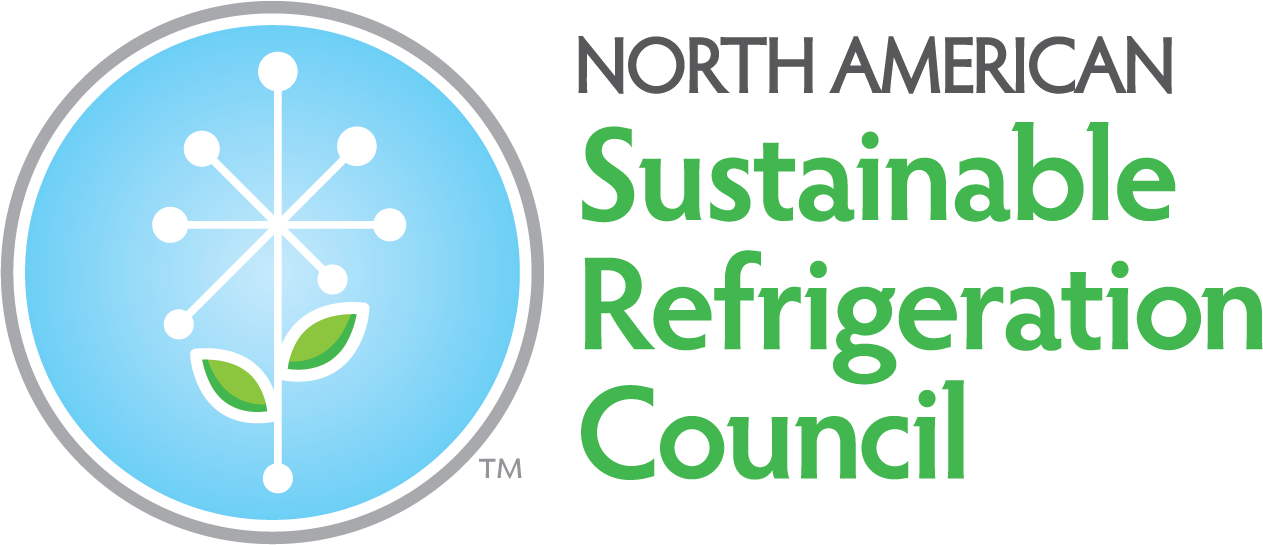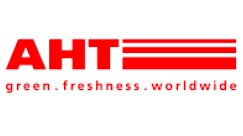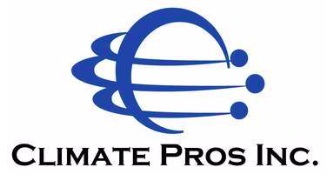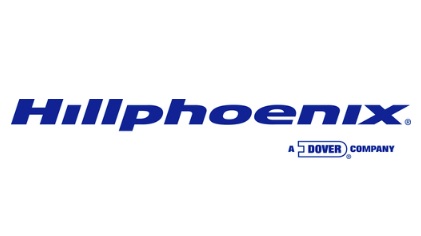San Francisco, California – On July 18, 2019, the NASRC and Pacific Gas & Electric (PG&E) will co-host an educational workshop to help the supermarket industry prepare for California’s refrigerant regulations. Expert presenters will share insights on commercial refrigeration market trends, the latest technology solutions, and strategies to optimize energy efficiency in the context of new regulatory requirements. The workshop will bring together stakeholders from the commercial refrigeration, government, and utility sectors to discuss goals, define challenges, and identify solutions that meet the needs of supermarkets, comply with regulations, and increase energy savings.
“This workshop will provide a platform to align the goals of various stakeholders and develop actionable solutions to the challenges faced by each group,” said Danielle Wright executive director of NASRC. “Bringing all stakeholders to the table is key to overcoming barriers to natural refrigerant adoption and making measureable industry progress.”
California is one of a growing number of states who have committed to phase down Hydrofluorocarbons (HFCs), which are potent greenhouse gases (GHGs) commonly used as refrigerants in supermarkets and grocery stores. HFCs are often referred to as super pollutants due to their rapid and severe impact on global warming. California has set goals to reduce state HFC emissions by 40 percent below 2013 levels by 2030, and has already established regulations to limit the use of high-GWP refrigerants. Additionally, the California Air Resources Board (CARB) has announced new regulations that will ban the sale of virgin refrigerants with a GWP of 1,500 or more and will require all new systems to use refrigerants with a GWP of 150 or less starting in 2022.
For California supermarkets and grocery stores, the transition to low-GWP refrigerants is anything but easy in both new and existing stores. Natural refrigerants, including carbon dioxide, hydrocarbons, and ammonia, are technically viable and “future-proof” solutions to all existing refrigerant regulations, but these new technologies often come at an upfront cost premium when compared to traditional refrigeration technologies. Furthermore, it can be difficult to assess the return on investment as the ongoing costs of maintenance and operations can also be higher for natural refrigerant-based technologies.
The state has acknowledged the cost premiums associated with adopting low-GWP refrigerant technologies as well as the need for funding to support supermarkets as they transition. Last year, the California Cooling Act (SB 1013) established an incentive program to help offset the cost premiums associated with low-GWP refrigerant technologies. However despite broad support from the supermarket community, the incentive program went unfunded in the state’s proposed 2019-20 budget. Without financial support, supermarkets will continue to face uncertainty around how to fund this transition.
California utilities will also be impacted by the new refrigerant regulations. As new requirements go into effect and more low-GWP refrigerant technologies are installed, the baseline from which utilities measure energy savings will change. As a result, existing tools and programs will need to be adapted to address these new technologies. Natural refrigerant-based technologies have the potential to be energy efficient, but in many cases efficiency gains require increased system complexities that come at an additional cost. Utility incentives could play a key role in driving the adoption of low-GWP refrigerant technologies while ensuring energy efficiency. This would have a big impact on energy use throughout the state because not only are supermarkets more electricity-intensive than any other commercial building type, but their refrigeration system makes up the largest electricity load, using up to 60% of the store’s total energy.
“Optimizing natural refrigerants technologies to be energy efficient represents a win for all stakeholders,” said Wright. “Not only will this help offset upfront costs through opportunities for utility incentives, but it will also provide supermarkets with a return on their upfront investments through energy savings. This has the power to increase the adoption of low-GWP technologies and contribute to both direct and indirect state emissions reduction goals. We see this workshop as a critical step towards accomplishing all of these goals.”
The workshop is generously sponsored by Climate Pros, AHT Cooling Systems USA, Hillphoenix, and BITZER US. Attendees will include supermarket retailers, service contractors, equipment manufacturers and suppliers, government agencies, utilities, engineering & design firms, consultants, NGOs, and other stakeholders.
Click here for more information.
Thank you to our sponsors!









